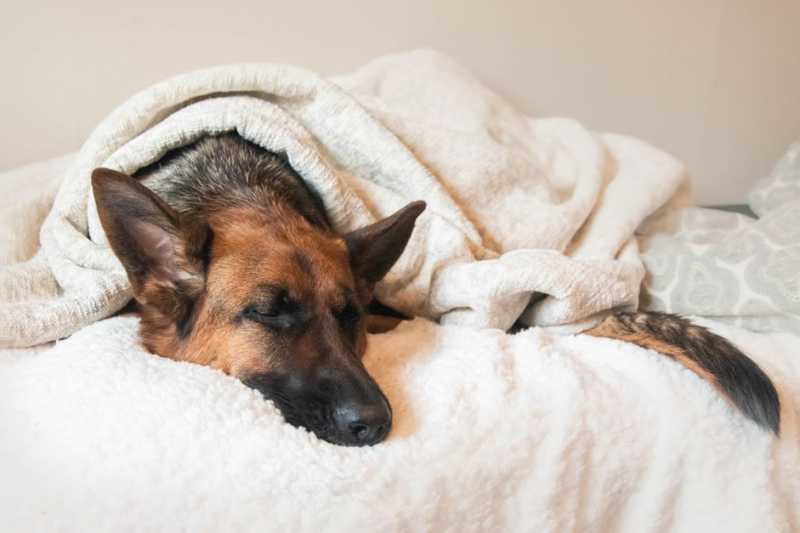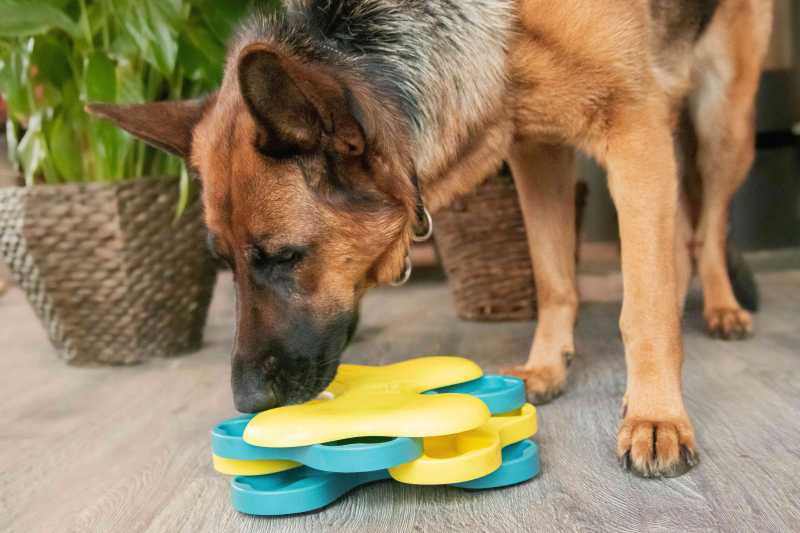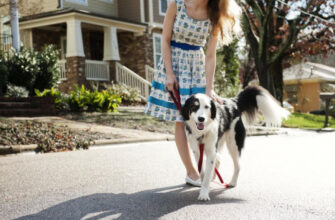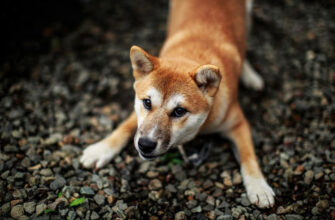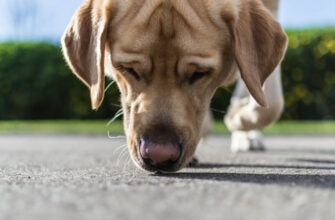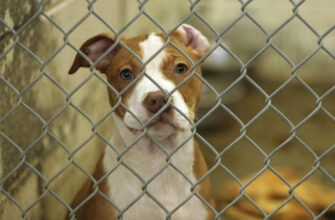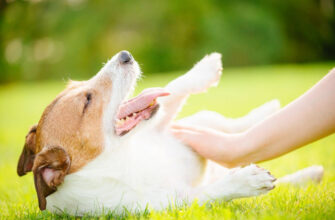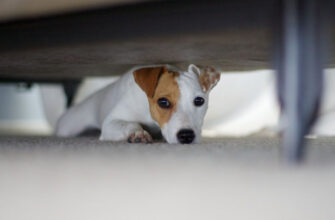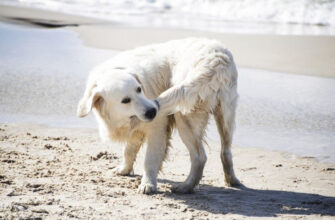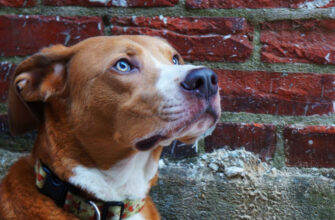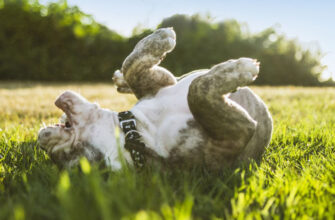If you find your dog is asleep during the day, don’t fret—while it’s normal for dogs to sleep through the night, many dogs also spend much of the day asleep. But, if excessive sleeping has become an issue with your pup, it might be time to get down to the bottom of it.
Changes in sleeping patterns can be a result of aging or disease, which is why you should keep a close eye on your dog’s sleep cycle. Here’s how to encourage activity in your dog to keep them awake during the day, plus how to know when to seek help.
Why Dogs Sleep So Much
Studies suggest that many dogs sleep an average of 11 hours in a 24-hour cycle. Additionally, they take many resting periods with the smallest portion of the day devoted to activity. This is pretty normal for carnivores — lions spend 16 or more hours per day sleeping and resting!
Most dogs will sleep whenever there isn’t anything better to do. Since they don’t have smartphones, jobs, or homework, sleeping is generally the best way to spend long, tedious hours.
How much your dog sleeps will depend on a variety of factors:
- Puppies and older dogs will likely spend more of their time asleep.
- Overweight and sick dogs may also sleep more than healthy dogs.
- Certain breeds are predisposed towards sleeping more (ask someone who’s owned both a lazy Bernese mountain dog and a working-line border collie).
Of course, hours and hours of snoozing can also be a sign of a problem. Many diseases and age-related problems can come with a change in sleeping patterns. Stress and separation anxiety can also manifest in extra daytime snoozing.
In most cases, a dog that sleeps for 12 or more hours per day is no cause for concern. That’s just normal! But owners should be aware that excess sleep can also be a sign of potential problems, and it’s best to talk to your vet when you have these concerns.
How to Make Your Dog’s Day More Exciting
Since most dogs don’t go to work or school, it’s common for them to be bored and alone all day. Pair a long, lonely day with the hours that their human is asleep, and that’s a long time for your dog to spend sleeping every day! If it feels like your dog is sleeping his life away, consider what else he’s got to do with his time.
The best way to help your dog stay awake and active during the day is by using puzzle toys. Ranging from the super-easy (rolling treats inside of a towel or an egg carton) to the high-tech (the CleverPet), puzzle toys help keep your dog active during the day. Checking in on your dog using a dog camera can help you check to see if she’s playing with the puzzle toys or ignoring them.
You can also spice up your dog’s day with midday dog walks and more prolonged bouts of exercise in the morning and evening. If you notice that your dog is sleeping even when there’s something better to do, it might be time to get help.
When to Get Help
Generally, it’s pretty standard for your dog to spend most of his day asleep or resting. That said, too much sleep can still be a sign of problems with your dog’s health.
There are a few tell-tale signs that your dog is sleeping too much:
- Your dog’s sleep patterns have changed.
- Your dog sleeps even when there’s “something better to do,” especially if that thing would usually grab her attention.
- Your dog’s sleeping is interfering with eating or drinking.
- It’s hard to rouse your dog in the morning.
- Your dog falls asleep suddenly, even in the middle of play (narcolepsy).
- Your dog wakes up suddenly or in a state of fright or stress.
- The increase in sleep comes with other physical symptoms, such as:
- Limping or lameness.
- Unwillingness to walk, run, or jump.
- An increase or decrease in eating, urination, or defecation.
- The increase in sleep comes with other behavior problems, such as:
- Staring at corners or walls.
- An increase in aggression or fearfulness.
- Pacing, drooling, and other signs of anxiety.
Some of these signs might not be so scary if your dog is otherwise aging with grace, especially if she’s always been a bit on the lazy side. But it never hurts to go in and ask the vet about it.
Your vet will likely have a lot of questions and may need to run some tests. Even if you’ve got a detailed log of your dog’s sleep and her other symptoms, nailing down the problem may be tricky.
Drowsy dogs may be suffering from an ache or pain, endocrine disorders such as hypothyroidism or hyperadrenocorticism, anxiety, or many other serious ailments. Getting a thorough workup from your vet, which may include blood work and other tests, is the only way to know for sure.
Try to keep track of your dog’s sleep patterns and other symptoms. Make sure she’s a healthy weight and that she has plenty to do during the day. If she’s still sleeping an unusual amount, it might be time to see the vet.
